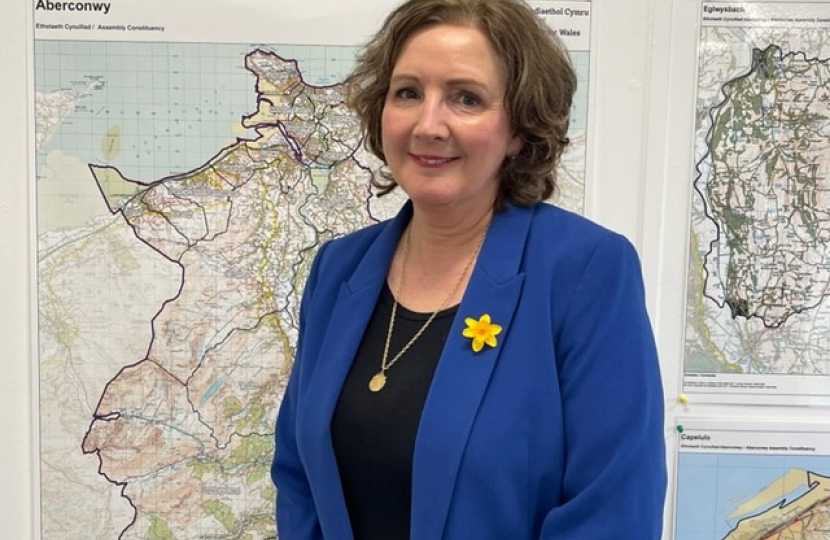
In the midst of the climate crisis and the ongoing war in Ukraine, it is essential that we back clean energy.
In the two years since Putin’s illegal invasion of Ukraine, the UK Government has doubled down on security of supply to protect the country from price volatility and hostile foreign regimes and bolster the UK’s energy independence.
Last week we saw further progress made by Rishi Sunak MP, Prime Minister, as he announced a roadmap setting out how the UK will increase generation of the home grown supply of clean, reliable, and abundant energy by up to four times to 24 gigawatts by 2050.
That would be enough to provide a quarter of the UK’s electricity needs!
The plan includes investment of up to £300 million in UK production of the fuel required to power high-tech new nuclear reactors, currently only commercially produced in Russia.
We are now also seeing the next steps for delivering a power plant as big as Sizewell in Suffolk or Hinkley in Somerset, which are capable of powering 6 million homes each.
One of the top two candidates to home the new nuclear power plant is Wylfa in Anglesey.
The report by the All-Party Parliamentary Group on Nuclear Energy, Made in Britain: The Pathway to a Nuclear Renaissance, published last November stated “Wylfa is the best site in Europe for large-scale nuclear”.
New Wylfa would mean 8,000 construction jobs and 800 steady quality careers, alongside hundreds more secondary and supply chain work.
The opportunity investment in energy provides to Wales, and especially the North, couldn’t be clearer. Despite this, last week I highlighted to the Welsh Parliament that the Welsh Government draft budget for 2024/25 would see Welsh Labour and Plaid Cymru cut the clean energy budget from £9.7 million to £2.8 million. That is a significant reduction from the £10.4million that was originally planned to be allocated to clean energy in the indicative budget.
In fact, for the climate change portfolio there is set to be a cut of £50.1 million when compared to the 2023-24 budget.
With such a massive reduction in investment, it is right to question whether there will be an negative impact on Net Zero 2050.
As I see it, the Welsh Government, like the UK Government, should be using its budget to unleash the green energy potential of Wales.
For example, there should be a U-turn on the decision to ditch business rates grants for hydropower schemes in private ownership in Wales; a National Marine Development Plan should be created detailing exactly where marine energy projects can be developed; and it is time to address the fact that we do not have a long-term strategy for hydrogen in Wales.
You can be sure that I will continue to champion energy security in the Welsh Parliament. Should you have any questions, please do contact me on 01492 871198 or [email protected]

